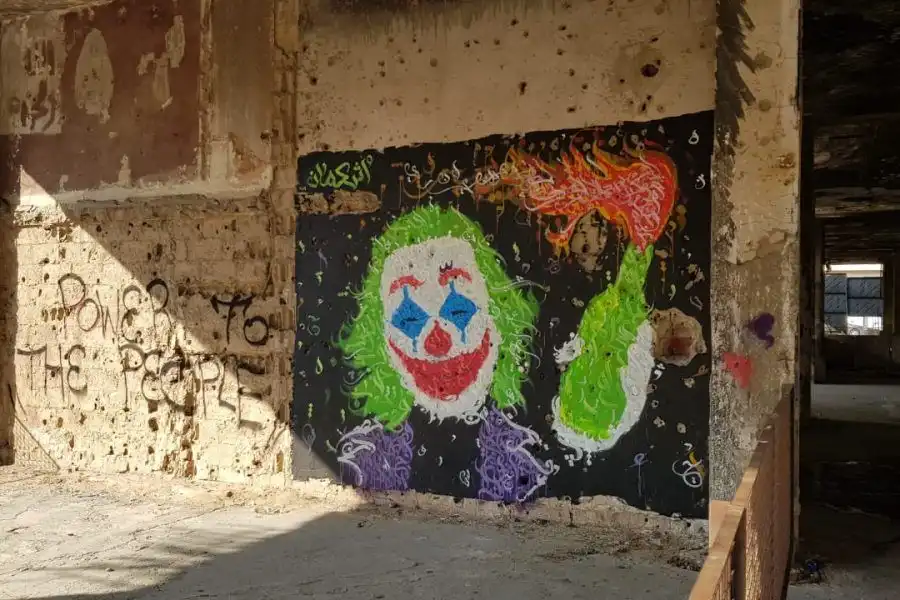Accueil>Revisiting the Politics of Sectarianism Amidst Lebanon’s Concomitant Crises
30.06.2022
Revisiting the Politics of Sectarianism Amidst Lebanon’s Concomitant Crises
À propos de cet événement
Le 30 juin 2022 de 09:15 à 17:30
Sciences Po - 13 rue de l'Université
Organisé par
The Kuwait Chair at Sciences Po
This roundtable event will bring together academics, analysts, and professionals from various backgrounds to discuss new approaches to reconsidering, deconstructing and critically questioning the politics of sectarianism amidst Lebanon’s compounding economic, political, and humanitarian crises. The aim of the session is to bring together a wide range of views to collaboratively examine and address the roots of Lebanon’s cyclical crises.
Over the past two years, Lebanon has been wrestling with a series of concomitant crises, leading to political deadlock, a collapse of public services, rising poverty and putting at risk the social peace and stability of the country. Despite the popular contestation of the post-civil war political order that was expressed in the 2019 Thawra mass protests, the political class has remained resilient to change, fueling a cycle of crises. The financial meltdown and skyrocketing inflation since 2019 represent the latest “morbid symptoms” of a decaying politics of sectarianism that has mobilized sectarian identity and patronage networks to reproduce its dynamics.[I] The World Bank has classified the resulting economic crisis as possibly one of the three most severe economic collapses worldwide since the 1850s[II], with a contraction of real GDP between 2019 and 2021 of 58.1%.[III] This has left over 80% of the Lebanese population in poverty, exacerbating social precarity in the country that has already been struggling to meet the needs of particularly vulnerable communities such as its more than 800’000 refugees.[IV]
These combined political, economic, and humanitarian crises have thrown into sharp relief the failures of the post-civil war political order and are leading to the slow disintegration of Lebanese institutions. The general election of 15 May 2022 saw an unprecedented number of independent non-sectarian politicians gain office in a signal that the Lebanese are ready for change.[V] Nevertheless, the deeply entrenched structures of power and recurring patterns of political stalemate stand in the way of meaningful reform. The questions of possible alternatives to the sectarian power-sharing model, and ways forward in the current political, security and economic environment are thus of critical importance.
Against this background the roundtable discussion comes at a strategic time to:
Take stock of the Lebanese revolutionary episode (framed as the Thawra or the 2019 October Uprising)
Assess the new status quo
Historicize and revisit the politics of sectarianism with a critical lens
and more broadly, shed light on Lebanon’s interaction with the uncertain geopolitical order that is taking shape in the wake of the Ukraine-Russia war.
Panel presentations and roundtable discussions will bring together academics, journalists, and policy analysts in a conversation on Lebanon’s trajectory and prospects.
Download the event programme (PDF, 258Kb)
À propos de cet événement
Le 30 juin 2022 de 09:15 à 17:30
Sciences Po - 13 rue de l'Université
Organisé par
The Kuwait Chair at Sciences Po